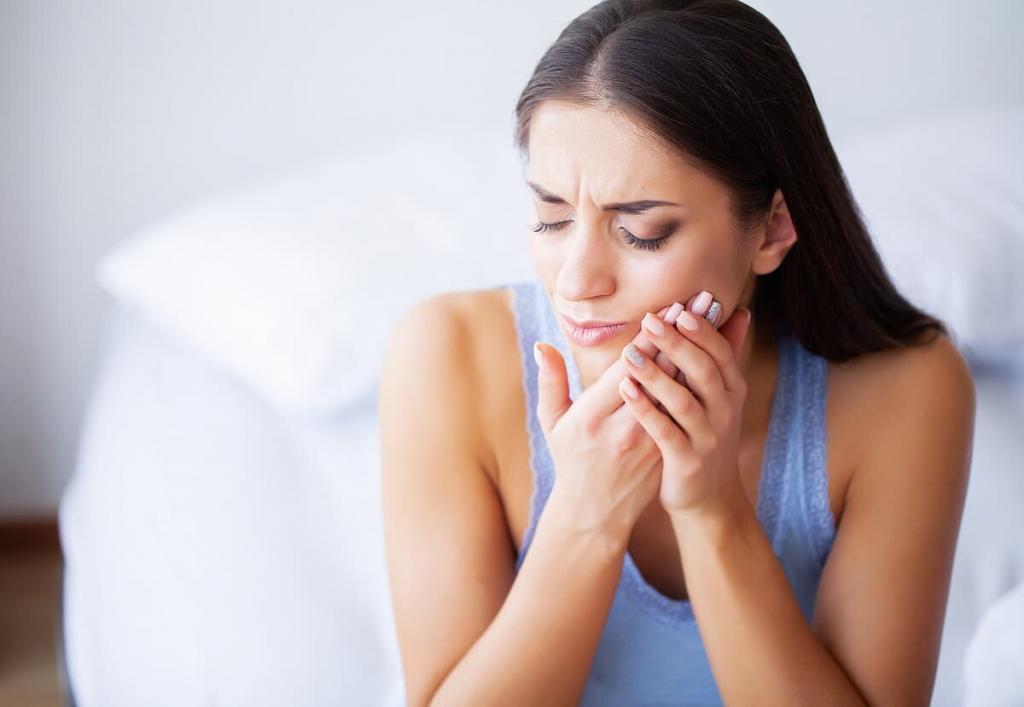Bruxism is a condition where you clench or grind your teeth subconsciously. Most people do this while they sleep, but the same can happen while you’re wide awake.
Approximately 30 to 40 million Americans experience Bruxism. Bruxism is the involuntary grinding and clenching of teeth. Teeth grinding may occur during the day or at night while you’re asleep. Regardless of the time of occurrence, grinding your teeth can be incredibly detrimental to your dental health.
Let’s consider five important things you should know about bruxism, including what it is, its causes, symptoms, side effects, and treatments.

What Is Bruxism?
As mentioned above, Bruxism is a dental condition where you clench or grind your teeth subconsciously. Most people do this while they sleep, but the same can happen while you’re wide awake. Bruxism boils down to two main types, which are:
Awake Bruxism: This is when you grind or clench your teeth involuntarily while wide awake.
Sleep bruxism: Bruxism that occurs while you’re fully asleep.
Researchers have described various forms of Bruxism, and all of them generally harm your dental health. Unfortunately, many people are unaware that they are doing this until it’s too late.
What Causes Bruxism?
It’s not yet clear what causes Bruxism, but scientists have identified a few potential triggers for the condition. For example, some possible causes of awake Bruxism include tension, anger, stress, anxiety, or frustration. On the other hand, sleep bruxism can be caused by micro-arousals during sleep that triggers chewing activity.
That said, researchers have also linked plenty of other factors to Bruxism. These factors include genetics, smoking, excessive alcohol consumption, depression, and drinking too much coffee.
What Are the Symptoms of Bruxism?
Most symptoms of Bruxism are hard to spot until it’s too late. However, be sure to look out for the following symptoms:
- Chipped or fractured teeth
- Slight headaches emanating from the temples
- Soreness in the jaws and neck
- Audible teeth grinding
- Worn out teeth
- Trouble sleeping at night
If you’ve experienced most of the above, you are likely grinding your teeth at night. Your next best move is to see a dentist before the condition gets out of hand.
What Are the Impacts of Bruxism?
You can sidestep the negative impacts of Bruxism if you address the problem early on. However, ignoring Bruxism can have devastating consequences, which may include:
Tooth damage: Bruxing can cause severe damage to the teeth including, chipping, loosening, and complete loss.
Temporomandibular condition: These are disorders that affect the jaw muscles and joints. They can preclude chewing and cause a clicking sound when you chew.
Chronic headaches: Severe Bruxism can lead to chronic headaches that can disrupt your everyday activities.
Are There Treatments for Bruxism?
Unfortunately, there is no known cure for Bruxism. However, if you or your child are suffering from Bruxism, some treatments can help address the root cause of your Bruxism. Dentists also offer solutions for alleviating symptoms of Bruxism. They can also help you figure out what makes you grind or clench your teeth.
The earlier you discuss this with your dentist, the better. If not, you will likely have to address more serious problems later on.
Call Us Today
The only board-certified dental anesthesiologist in Missouri, including St. Louis.
